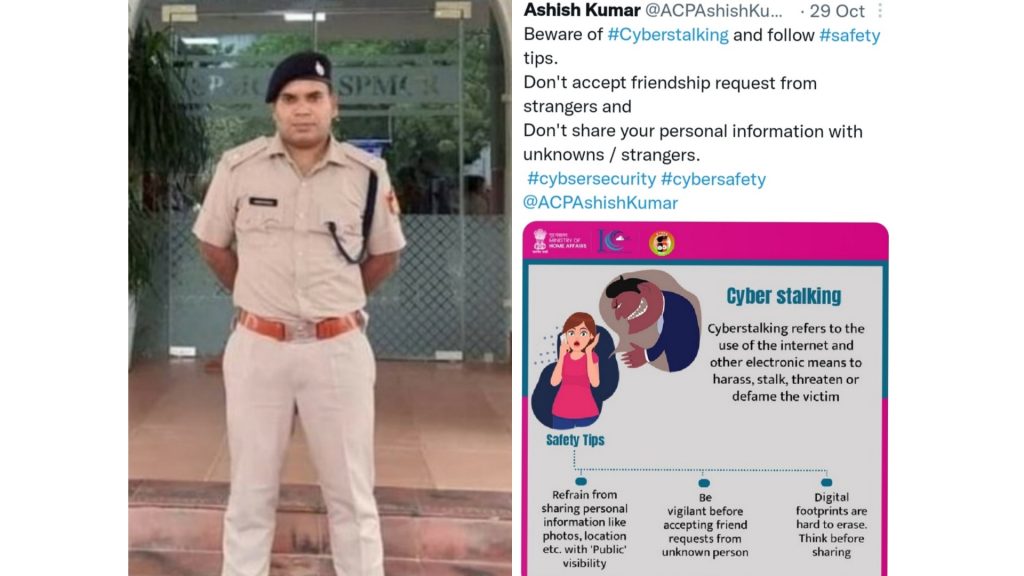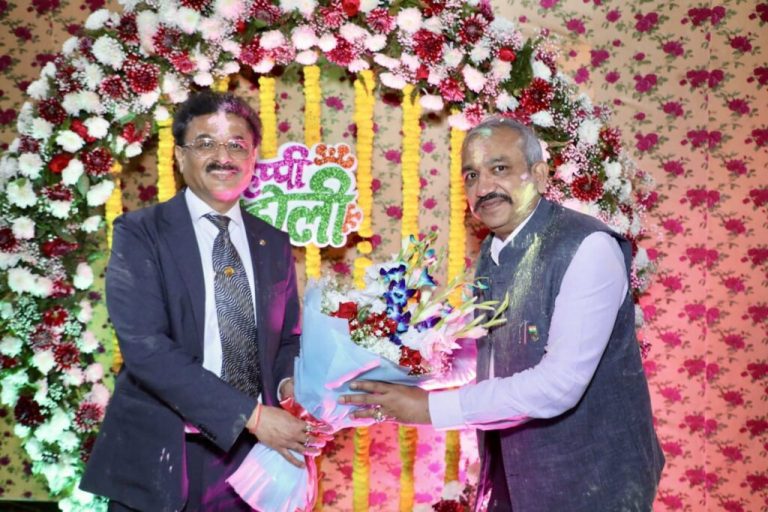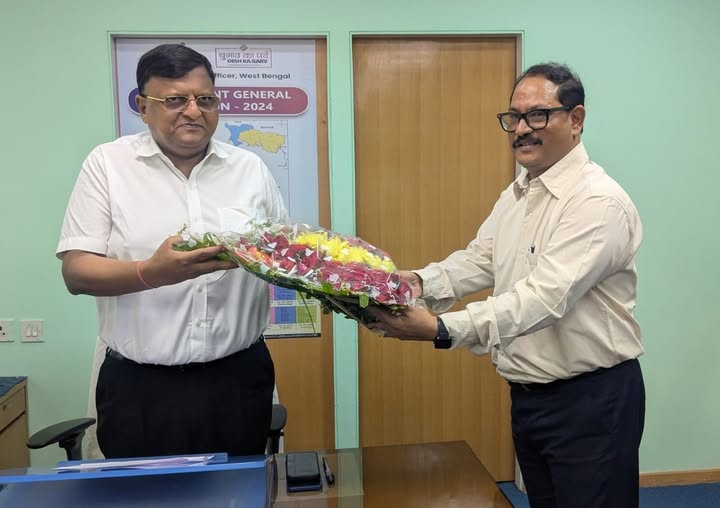While Internet has revolutionised the whole world and how we do our work, it has also become a medium to stalk, harass or defame an individual or an organisation. One such trend is cyber stalking and ACP Ashish Kumar of Paschim Vihar, New Delhi, recently took to Twitter to make people aware about it.
In an exclusive interview to Indian Masterminds, the ACP talked about the ways to stay safe from cyber stalking and other Internet crimes.
DO’S AND DON’TS
Cyber stalking is a crime in which someone harasses or stalks the other person using electronic or digital medium like social media sites.
There are numerous ways to be safe from cyber stalking, according to ACP Ashish Kumar. He advises to change privacy settings in social media sites frequently and while sharing photographs on social sites, to restrict its visibility so that unknown people cannot see them.
Beware of #Cyberstalking and follow #safety tips.
— ACP Ashish (@ACPAshishKumar) October 29, 2021
Don't accept friendship request from strangers and
Don't share your personal information with unknowns / strangers.
#cybsersecurity #cybersafety @ACPAshishKumar pic.twitter.com/wy2VvBOsZk
“Never share your personal information like contact number and address on social media sites. Never accept friend requests from strangers. Even if you accept, don’t share your personal details with them, because sometimes this cyber-stalking converts into extortion,” warned ACP Kumar.
He also cautions about using public Wi-Fi or Internet. “By mistake we switch on our Bluetooth and the hackers take advantage of it and get access to your mobile phone. This leads to sharing all your personal data, contacts and photos,” said ACP Kumar. He added that one must limit their talks with a stranger on social media sites.
WHERE TO COMPLAIN
If one gets cyberstalked even after following these Do’s and Don’ts, the officer advises to immediately block the account. But before that, one must take the screenshot of the chats to report them.
“Government of India has a cybercrime website named cybercrime.gov.in which is operated all over India. One can file a complaint over there or can reach to the nearest police station. Another way is to file a complaint by dialing 112,” said ACP Kumar.
POLICE INITIATIVES
All state police take their own initiatives to combat cyberstalking. ACP Ashish Kumar said that schools are the best medium to spread awareness about cyber stalking so that kids do not become victims of such crimes. “We specifically try to make girls aware about it because 80-90% of the ones who get stalked are girls,” he said.
Delhi Police interacts with teachers, parents, and civil society members to make them aware about these crimes. “Colonies in Delhi have an association named Residence Welfare Association (RWA). We go there and try to share this information with them as well,” the ACP said.

Apart from this, they also circulate Do’s and Don’ts messages related to cyber stalking on social media sites like Twitter, Facebook, and WhatsApp.
“During an initiative in one of the schools in Delhi, I told the children ‘chuppi todo’ (break your silence). We want people to come forward when they face these crimes, because if you are silent, then the stalker will get a chance to enact it again,” said Mr. Kumar.
The Government of India has a Twitter account named ‘Cyber Dost’ on which one can get all the information and awareness regarding cyber fraud and cyber security.
ATM FRAUD
The officer also highlighted ATM fraud like reprogramming the machine, installing a skimmer, stealing card details, etc. “When you enter your ATM PIN, always hide the keypad with your hands. Never share your ATM card PIN and Internet banking password with strangers. And try to change your PINs and passwords from time to time,” said the ACP.
Beware, Bealert & BeSafe#cybersecurity #cybersafety
— ACP Ashish (@ACPAshishKumar) October 29, 2021
Share with your friends & Family Members to make them cyber mature & cyber secure. @ACPAshishKumar pic.twitter.com/UUYkbMd9X5
Victims can file a complaint against such fraud on cybercrime.gov.in or dial 155260 for a quick retrieval.
HOW THEY FOOL YOU
Cyber fraudsters often use email or text messages to trick people into giving their personal details. They may try to steal the bank password or social security numbers. For example, they may call up or send message to say that your KYC has expired, so share your bank details, or else, your bank account will get blocked.
सावधान रहें: जो मैसेज आपको किसी अन्य नंबर पर कॉल करने या कोई ऍप डाउनलोड करके KYC/आधार की जानकारी अपडेट करने के लिए कहें. ऐसे किसी भी SMS/ Call से सतर्क रहें क्यूँकि इससे आपको आर्थिक नुकसान हो सकता है. @ACPAshishKumar
— ACP Ashish (@ACPAshishKumar) October 25, 2021
“Never click on these links, never save your card details in your mobile phone, and always keep a limit in your ATM card so that you don’t lose all your hard-earned money,” advised Mr. Kumar.
He also cautioned about the QR code fraud. He says that one should never scan any QR code from unknown person and never share PIN number while the other person is transferring money.
“These small safety tips are simple, but sometimes we don’t adhere to them and end up sharing our PIN and OTP. We cannot stop crime 100%, but we can, at least, stop it on a large scale,” he summed up.





































